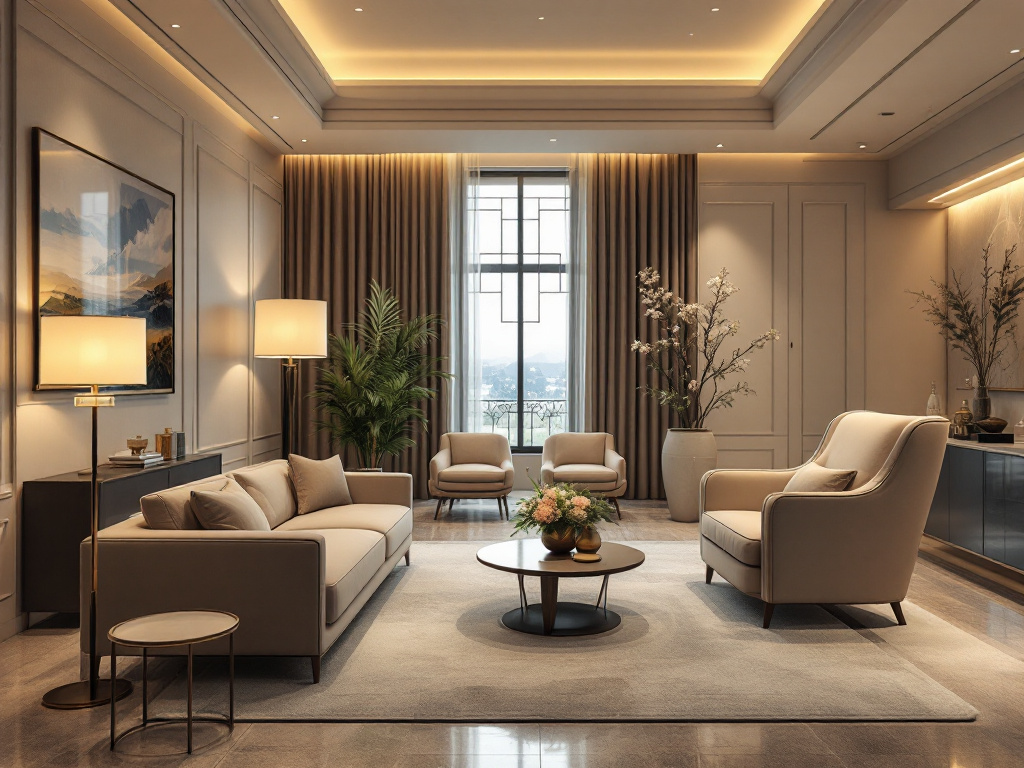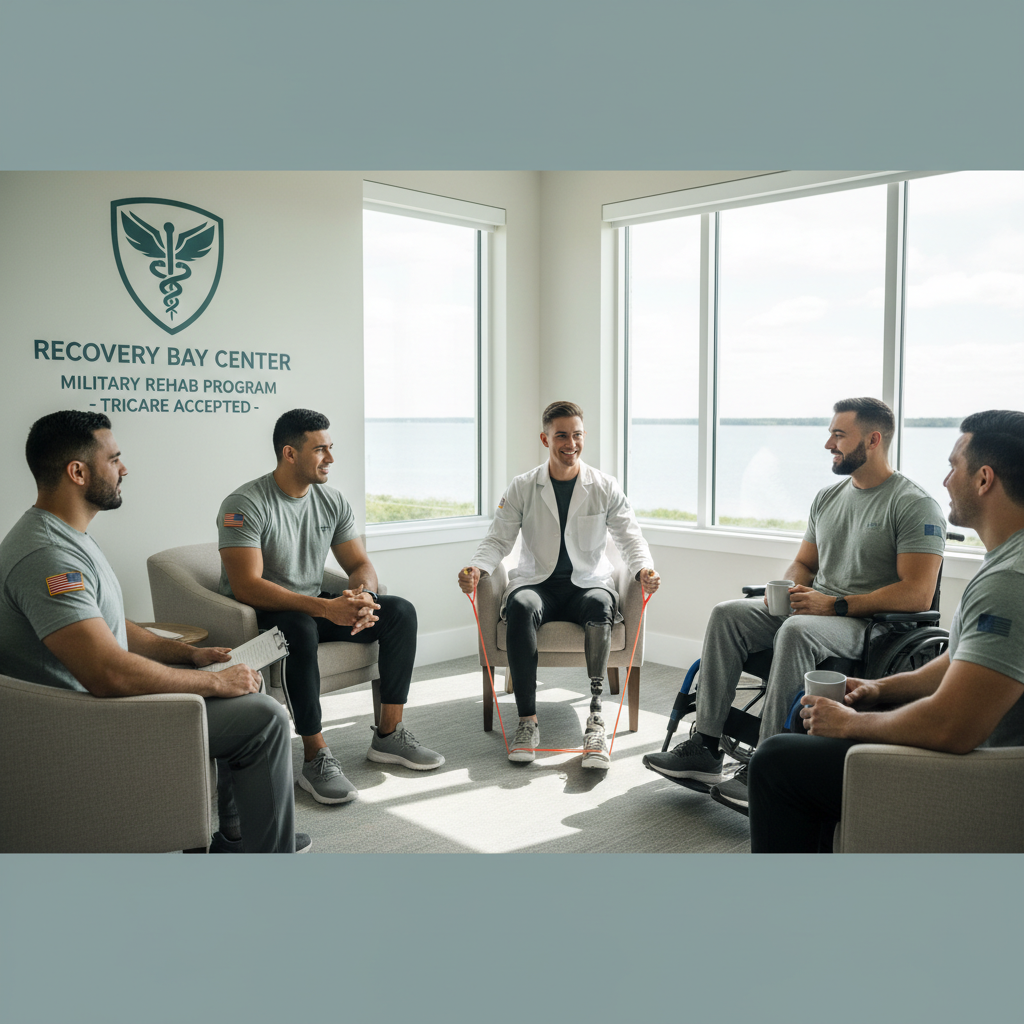When you enter a men’s residential addiction treatment program, one of the first decisions you’ll make is whether to stay in private and semi private rooms during your 45 to 60 day healing journey. Your choice of accommodation can influence everything from your sense of confidentiality to the daily rhythms of support and social connection. In our residential addiction treatment setting, you’ll find both private and semi-private options designed to align with your personal preferences and clinical needs.
Choosing between a private residential setting and a shared room is more than a matter of cost or comfort. It’s about tailoring your environment to foster focus, privacy, and peer-driven motivation as you work through medical detox, evidence-based therapies, holistic wellness activities, and structured life skills training. By understanding the nuances of each option, you can select the space that best supports your path to lasting recovery.
Compare room options
Different accommodations cater to different needs. Below is a quick overview of private rooms versus semi-private rooms commonly offered in residential and inpatient rehab settings:
| Feature | Private rooms | Semi-private rooms |
|---|---|---|
| Daily cost | Over $1,250 per day [1] | About $950 per day [1] |
| Privacy level | Full confidentiality, ideal for sensitive sharing | Shared space with partitions or curtains |
| Social engagement | Limited roommate interaction | Built-in opportunities for peer support |
| Insurance coverage | Covered if private room is medically necessary | Generally covered under standard policies |
| Personalized amenities | Customized climate, lighting, and furnishings | Enhanced partitions, smart lighting |
Private rooms
In a private room, you have complete control over your environment. From tailored climate settings and lighting schedules to personalized décor, these spaces let you focus on therapy without interruptions. Complete confidentiality can help you open up more freely during one-on-one sessions with your therapist or medical team, whether you’re going through medical detox or dual diagnosis treatment.
Semi-private rooms
Semi-private accommodations offer a supportive environment where you share a living space with one other person. Modern partitions and noise-reducing design features still allow for personal space, while gentle social engagement can boost your mood and alleviate feelings of isolation. Many men find that having a roommate who understands their challenges fosters accountability and emotional camaraderie.
Weigh cost factors
Budget considerations often play a major role in choosing your room type. Understanding the financial impact of each option helps you plan for both your stay and any potential out-of-pocket expenses.
- Daily rates: Semi-private rooms average about $950 per day, while private rooms can exceed $1,250 [1]
- Insurance coverage: Most standard health insurance and Medicare policies cover semi-private rooms fully. Private rooms may require additional justification unless deemed medically necessary
- Cost savings: Opting for shared accommodations can reduce overall program costs by up to 25 percent
- Financial aid options: Many centers offer sliding-scale fees, payment plans, or scholarships to make private rooms more accessible
Ultimately, your choice should balance financial comfort with the type of environment that best supports your recovery. Discussing insurance benefits with your provider and our admissions team can help clarify any questions before you arrive.
Maximize privacy benefits
Your ability to open up and be vulnerable is central to the success of evidence-based therapies. Whether you’re diving into trauma work, exploring family dynamics, or confronting co-occurring mental health conditions, the right level of privacy can make all the difference.
- Tailored confidentiality: In a private setting, you control when and how much you share. This freedom can deepen trust in one-on-one sessions with psychologists and medical staff
- Enhanced comfort: Personal space allows you to wind down after intensive group therapy or a day of holistic wellness activities like yoga and meditation
- Quiet reflection: Private rooms offer a sanctuary for journaling, mindfulness, or simply resting without external stimuli
Choosing a space that honors your need for discretion can empower you to tackle difficult topics more readily, paving the way for breakthroughs in your recovery journey.
Leverage peer support
For many men, the shared challenges of addiction recovery become easier to navigate when you have a peer by your side. Semi-private rooms naturally foster small-scale support networks that extend beyond formal therapy sessions.
- Built-in accountability: Living with someone on a similar timeline encourages you both to adhere to daily schedules, attend group therapy, and participate in wellness activities
- Mutual encouragement: Sharing victories—big or small—helps you see progress in real time and motivates continued effort
- Structured interactions: Daily check-ins and roommate agreements set clear expectations for curfew, quiet hours, and shared responsibilities
Furthermore, meeting someone in a semi-private setting can translate into lasting friendships that extend beyond the duration of your stay. These connections often become part of a broader sober support network, reinforcing the foundations of your long-term recovery.
Assess recovery outcomes
Your room choice can have measurable effects on both emotional well-being and program efficiency. Research originally conducted in hospital settings offers insights you can apply to residential rehab.
Restful environment
Private rooms often yield higher satisfaction scores. Patients in standalone accommodations were more likely to recommend their facility—86 percent versus 79 percent in semi-private rooms [2]. As a result, many men feel more rested and psychologically secure, which can accelerate progress through clinical therapy and medical detox phases.
Social engagement
Conversely, mild social interaction in shared spaces has been shown to improve mood and may even shorten average length of stay [1]. In a rehab context, these findings suggest that living alongside a peer can provide the emotional lift needed to persevere through challenging moments, while still offering enough privacy to maintain personal boundaries.
Experience Recovery Bay amenities
At Recovery Bay, you’ll find a comprehensive men’s inpatient program that integrates the benefits of both accommodation styles into a cohesive healing plan. Our individualized approach combines:
Medical detox and clinical therapy
- Private or semi-private rooms during your initial medically supervised detox
- Daily one-on-one sessions with board-certified physicians
- Group therapy tailored to male-specific issues in a mens only rehab center
Holistic wellness options
- Yoga, mindfulness, and movement therapy in shared boutique studios
- Nutrient-rich, chef-prepared meals through our gourmet meals rehab program
- Beachside recovery experiences to promote mental restoration [3]
Structured life skills
- Workshops on financial planning, vocational readiness, and relapse prevention [4]
- Family education and support through our family program addiction
- Continued care planning with case managers to transition into sober living
Whether you choose a private retreat or a shared space, every detail at Recovery Bay is designed to reinforce your tailored treatment programs and provide the support necessary for lasting recovery.
Select your ideal room
As you consider your options, reflect on your personal needs and recovery goals. If confidentiality and uninterrupted rest are top priorities, a private room may be the best fit. If you value peer-driven accountability and built-in camaraderie, a semi-private space could offer powerful motivational support.
Whichever path you choose, Recovery Bay’s team is here to guide you. Explore our luxury men’s rehab suites or book a tour to see both private and shared accommodations firsthand. Your ideal environment is waiting to become the foundation of your new life in sobriety.





